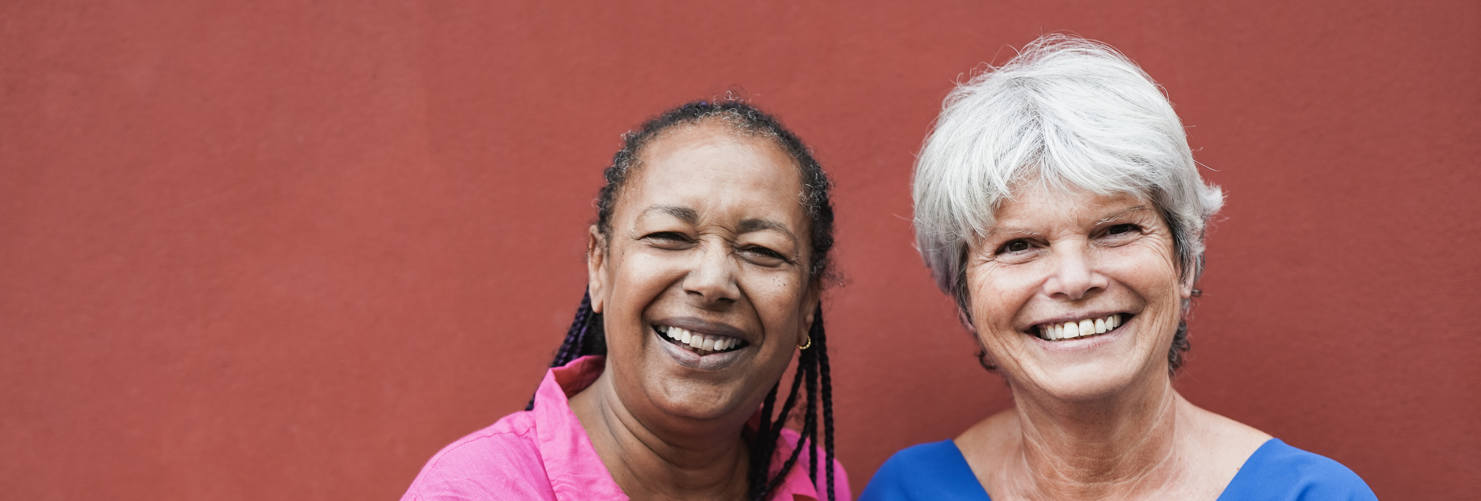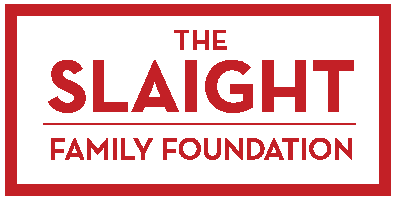
What does aging and living well look like for LGBTQI older adults in Canada?
Aging is far from a uniform experience. Social and systemic inequities affect different groups in different ways. The issues that older adults face can be very different, as can their priorities and ideas about what aging and living well mean.
For lesbian, gay, bisexual, trans, queer, and intersex (LGBTQI) older adults in Canada, what does “aging and living well” look like? What could it look like? And what social changes are needed to better enable LGBTQI older adults to live and age well, on their terms?
Research Report
Egale’s research report Aging and Living Well Among LGBTQI Older Adults in Canada explores these questions so that we can deepen our understanding of the key issues facing LGBTQI older adults in Canada, spark connections and conversation about what aging can be, and provide recommendations to address inequities so that LGBTQI older adults can age well on their own terms.
NEW eCOURSE!
Take Egale Canada’s free scenario-based online learning activity informed by real-life experiences of 2SLGBTQI older adults
Key Findings
Employment
The past employment trajectories of participants were shaped by historical conditions of pathologization and criminalization of LGBTQI identities. This discrimination continues to affect LGBTQI older adults, including their economic security in older age. Multiple factors shaped participants’ jobs and careers, and employment was intricately related to education and economic situation. Participants carefully navigated identity and being out at work, with LGBTQI older adults experiencing both fear of being outed and discriminated against, as well as positive workplace experiences. LGBTQI older adults who are actively seeking work at an older age face an added barrier of ageism.
Housing
Access to affordable and secure housing is a national issue that crosses generational and geographic boundaries. Among participants, homeowners and renters alike expressed concerns about rising housing costs, including their financial ability to make rent and afford other living expenses. Housing rental costs were so great for some participants that they described needing to work to meet their basic needs. Concerns about safety, belonging, and being LGBTQI were also major considerations for participants when moving. LGBTQI older adults want access to family doctors, and they want access to affirming care providers. Those living in rural areas face increased barriers to access.
Social Connection and Disconnection
Participants had a wide range of social networks, with many maintaining ties to families of origin, chosen families, and mixtures of the two. Friends and community emerged as important sources of social connections and support, as did participation in different activist and volunteer efforts, faith groups, and recreational activities. LGBTQI older adults had also lost connections with family, friends, and community over their lives, in some cases due to rejection of their identities. The COVID-19 pandemic significantly impacted participants’ social lives and surfaced underlying social dynamics and challenges.
Healthcare Access
The LGBTQI older adults we interviewed described a host of experiences related to accessing, or trying to access, healthcare services. They described their struggles in finding care providers and navigating healthcare systems, disclosure-related decisions, and healthcare encounters that had gone well or could be significantly improved. Participants had varying healthcare needs and lived with a range of chronic conditions including arthritis, cancer, depression, HIV, and respiratory illnesses for which they sought care. They had various perspectives on health and wellbeing, and what they needed to live well, including and beyond health-related considerations.
Death and End-of-Life Wellbeing
While death and dying are sometimes framed as taboo subjects, participants shared their experiences, perspectives, fears, and wishes about death and end-of-life. Participants approached death, dying, and end-of-life from various standpoints, including social, interpersonal, spiritual, and ethical. They reflected on questions of care, faith, and change, and discussed death and end-of-life with different combinations of pragmatism, gratitude, concern, and surrender to what will pass. Participants shared their general philosophies regarding death and end-of-life, and these philosophies were connected to their ideas of well-being and the values by which they lived their lives.
Acknowledgements
We are grateful to all participants who so generously shared their time, experiences, and insights.

This research was funded by the Slaight Family Foundation
For further questions on this project, please email research@egale.ca.